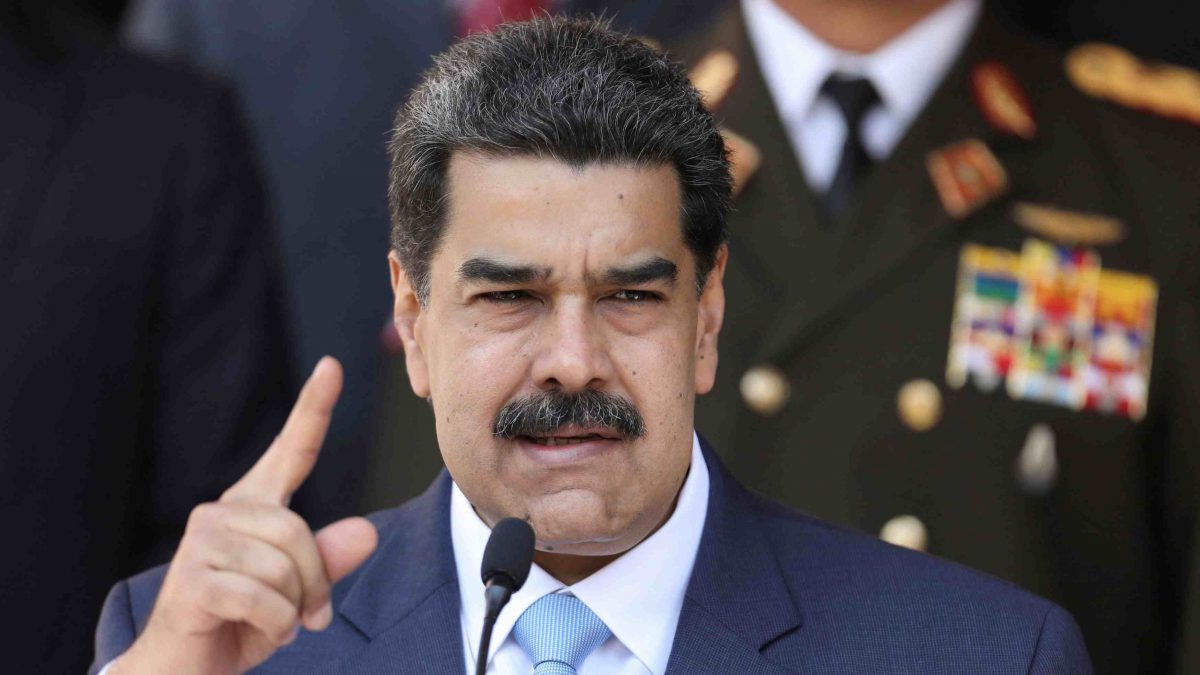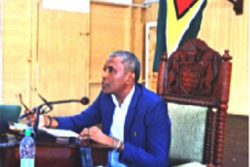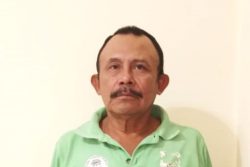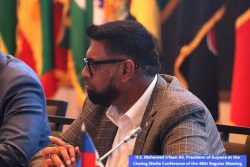BRUSSELS, (Reuters) – The European Union said today it will not send observers to Venezuela’s parliamentary elections in December, warning that President Nicolas Maduro’s decision to call them at short notice had worsened the political crisis in the country.
Like the United States, the EU wants new presidential elections to reverse Venezuela’s spiral into authoritarian rule and economic collapse. They see the parliamentary vote as a way for Maduro to seize control of the opposition-held assembly.
“As the elections are not going to be postponed, the European Union cannot even consider sending an election observer mission,” EU foreign policy chief Josep Borrell told the European Parliament.
Maduro invited the EU to monitor the Dec. 6 election of candidates for the National Assembly last month – too late to organise an EU mission, which would typically involve sending a team months ahead of time to assess whether campaigning is free and fair, and other conditions.
Members of Venezuela’s opposition have also called for a delay so that international observers can attend, fearing that the result could otherwise be rigged in Maduro’s favour.
The current assembly head, Juan Guaido, is recognised by the EU as Venezuela’s legitimate head-of-state, though Maduro retains control of the government and military.
Maduro has said he is bound by Venezuela’s constitution to hold the vote on Dec. 6.
“This only serves to worsen the political situation in Venezuela,” Borrell told EU lawmakers during a debate on the crisis in the South American nation.
The United Nations Human Rights Council in Geneva has extended the mandate of investigators who have documented executions, disappearances and torture in Venezuela that they say may amount to crimes against humanity.
German Ambassador Michael Freiherr von Ungern-Sternberg told the Council on Tuesday that the only solution to the crisis was “a political, peaceful democratic one through credible transparent, free and fair legislative and presidential elections excluding any use of force.”







